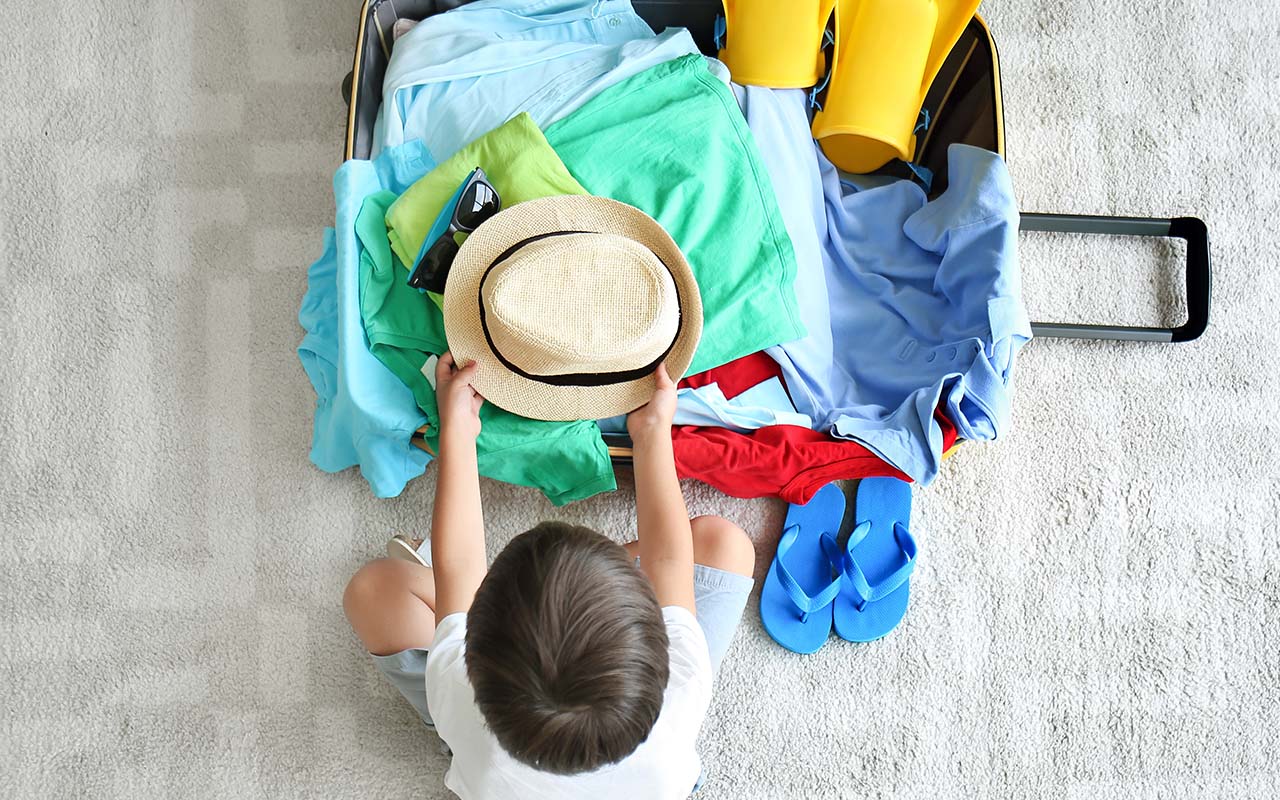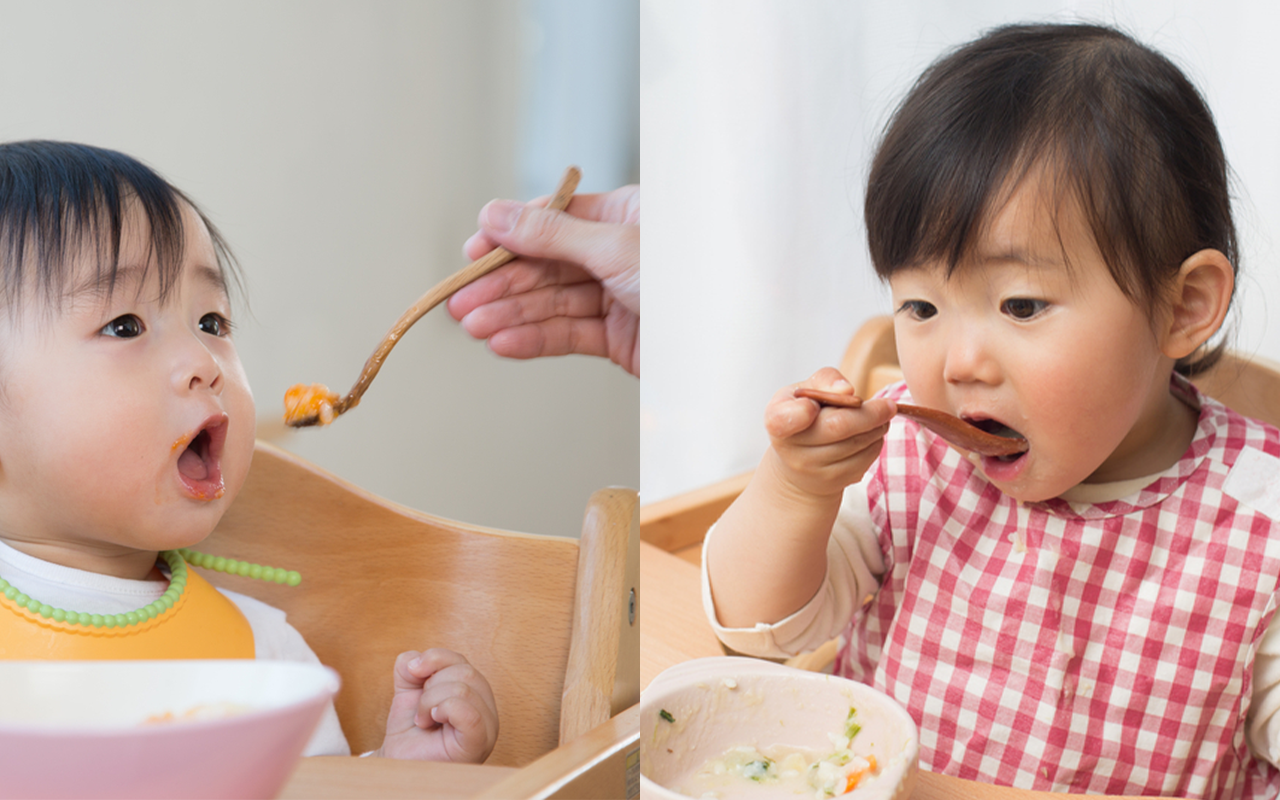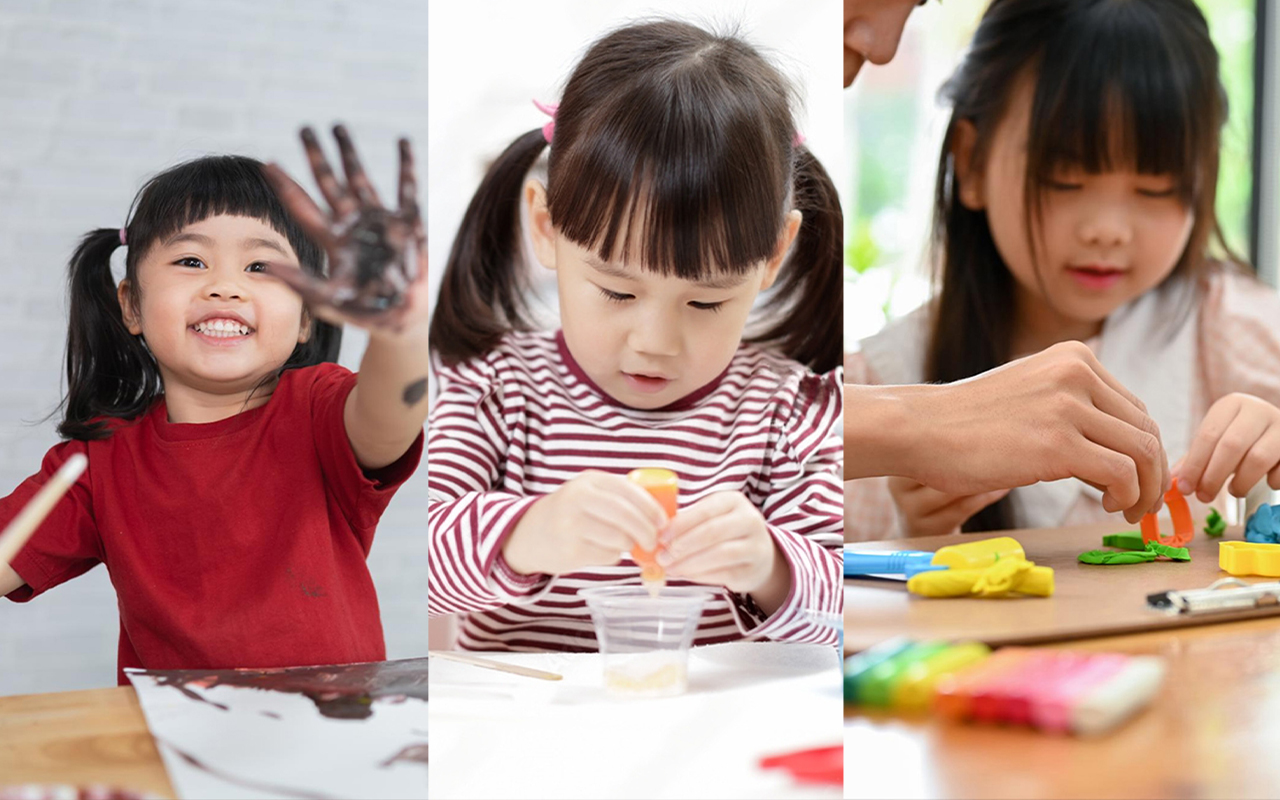
Parenthood comes with a heartfelt desire to nurture our children into happy, healthy, and successful individuals. Of the many responsibilities that parents have, using positive language is important towards shaping a child's self-esteem, emotional well-being, and overall development.
Positive language is not just about being polite or saying nice things to our kids. It's about using words that build them up, encourage them, and help them feel good about themselves. When we use positive language, we are sending the message that we believe in them and that we think they can do anything they set their minds to. Here are some other benefits of using positive language with children:

It Boosts Self-esteem
When children hear positive words about themselves, it helps them develop a strong sense of self-worth. They learn that they are capable, lovable, and worthy of respect.
It Improves Emotional Well-being
Positive language can help children cope with stress and difficult emotions. It teaches them that they can handle challenges and that they are not alone.
It Promotes Social Skills
Children who are used to hearing positive language are more likely to be kind, compassionate, and cooperative. They are also better at resolving conflict and making friends.
It Supports Academic Achievement
Children who are praised for their efforts and accomplishments are more likely to be motivated to learn. They are also more likely to believe in themselves and their ability to succeed. So how can you use positive language with children? Here are some tips!

Focus on the Positive
Instead of pointing out what your child is doing wrong, focus on what they are doing right. For example, instead of saying "Don't hit your sister," say "I like the way you are playing nicely with your sister."
Use Descriptive Language
Instead of saying "Good job," say something more specific like "I like the way you worked hard on that puzzle." This helps children understand what they are doing well and how they can improve.
Be Specific
When you are praising your child, be specific about what you are praising. For example, instead of saying "You're a good boy," say "I like the way you helped me with the dishes." This helps children understand what behaviours you are encouraging.

Use Humour
Humour can be a great way to make positive language more fun and engaging for children. For example, you might say something like "I love the way you can make me laugh even when I'm having a bad day."
Be Consistent
It's important to be consistent with your use of positive language. If you only use it sometimes, children will not learn to associate it with positive behaviours.
As kids often mirror the way their parents speak, embracing positive language can inspire them to communicate with kindness and respect as they grow. So please keep in mind that every word you use has the power to shape your child's self-esteem, emotional strength, and overall development.




Khaing pwint phyu kyaw
May Me Naing
myowin